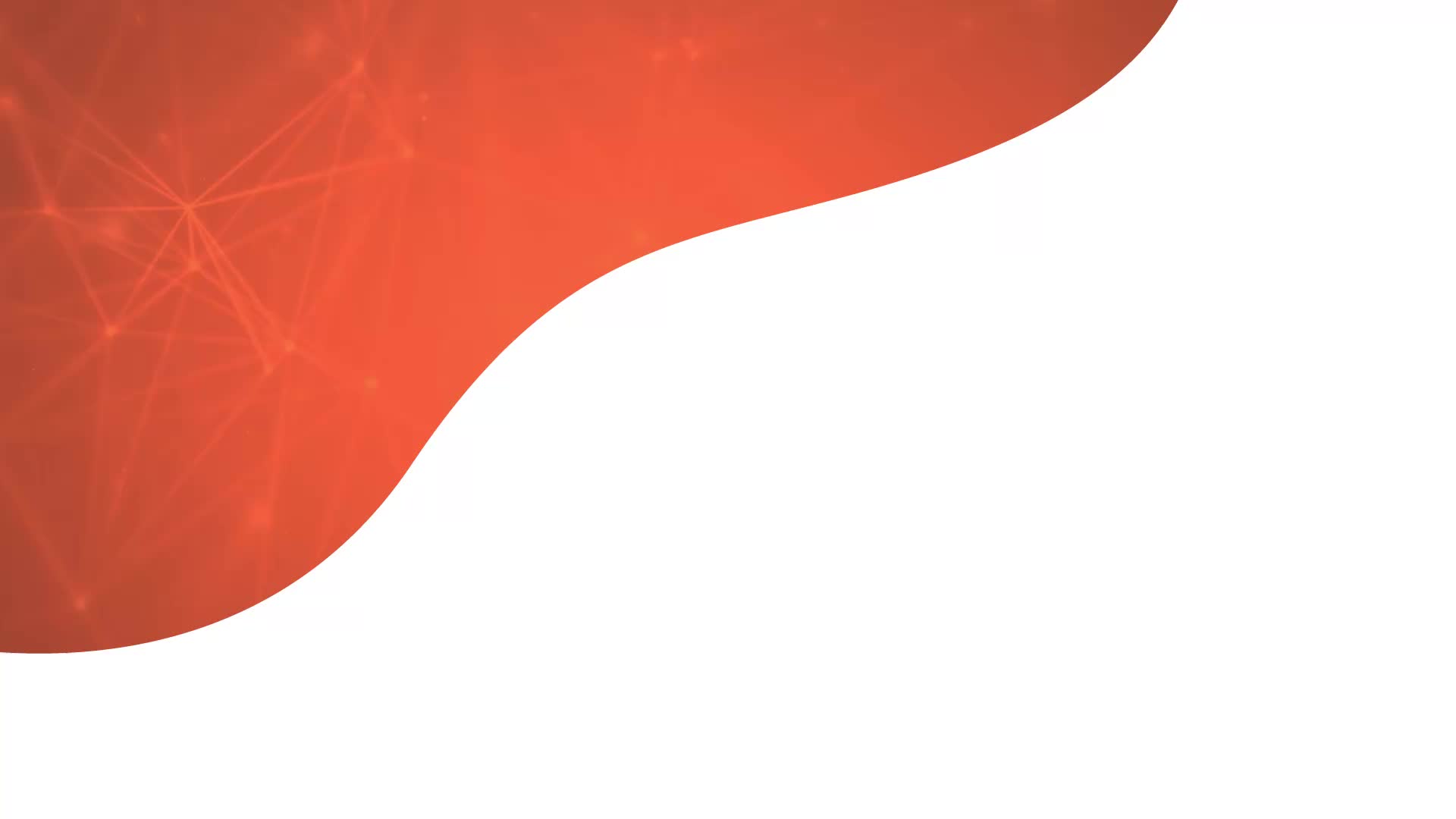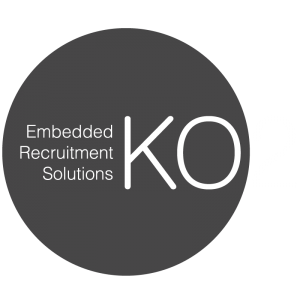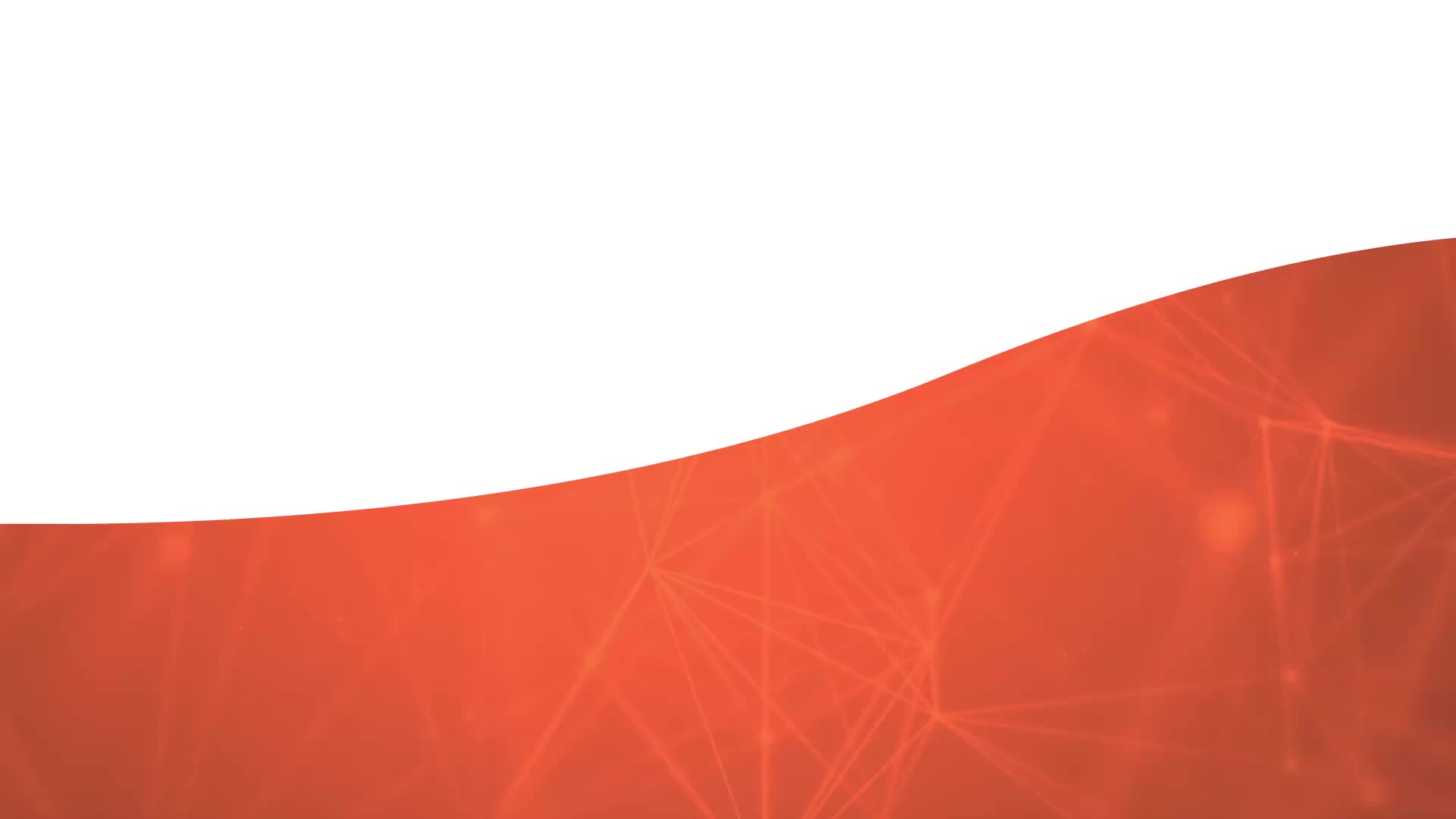Web development is a large industry that includes many different roles, from software developers to designers and code testers. Whether it’s a frontend role or a backend position, web developer job interviews all require a fair level of preparation to ensure that you get what you want out of the experience.
As experts in electronics and embedded systems recruitment, it’s safe to say that we know a thing or two about successful web and software development job applications and interviews. We’ve put together our best advice for both potential web developers interviewing for a new role and the interviewers who are looking to hire them, sharing tips to help you prepare and succeed.
Advice for Interviewers

Whether you need technical assistance for a specific project or you are looking to expand your team with a new software and programming specialist, hiring a web developer is a common task within the electronics and embedded systems industry. Whether you’re part of the hiring department, an internal recruitment expert or manage a small team and are conducting your own interviews, here’s what you need to know about preparing to interview web developers.
Screen Your Candidates
The recruitment process can be incredibly time-consuming, and you want to ensure that you’re not wasting your time speaking to candidates that aren’t suitable for the role. When it comes to face to face web developer interviews, you should have screened applicants beforehand so that you only speak to individuals who have the necessary skills and experience to suit your role.
Candidate screening can involve phone interviews, personality assessments and technical tests or challenges to narrow down the pool of potential candidates. You may incorporate some of these into your final interview or do them all beforehand, which will help to weed out anyone unsuitable and makes your final decision much easier.
Know What You’re Looking For
It might seem like an obvious piece of advice, but it helps to have specific traits and experience in mind before you interview a potential candidate. Not only will this assist your final decision, but it will also inform the questions you ask during the interview.
Whilst writing the initial job advert you will likely have come up with a list of skills and requirements for the role, so go back to this and highlight what you need to look out for in every candidate that you interview. You can create a checklist to have with you on the day and tailor web developer interview questions to highlight certain traits or skills that you’re looking for.
Prepare Specific Questions
Following on from that last point, a key piece of preparation advice is to have a series of interview questions for a web developer job interviewee that help you get a better idea of their suitability for the role. Whilst you can ask further questions based on their answers or enquire about specific projects or skills, it’s important to have a basic framework that each interview is based around.
Classic topics to focus on in the interview include quizzing candidates on their skills, where they think their weaknesses lie, their background in web development and software or code engineering and why they want to work for your company and this role in particular.
You may also wish to ask more specific questions about the coding languages and software they are comfortable with, common problems faced by web developers and how they would go about solving these, and the kinds of projects they enjoy and are comfortable working on.
Get Ready to Sell the Role
A good job interview is a two-way conversation, and you need to be prepared for candidates to ask you to sell the role in the same way that you are asking them to sell their skills and talents. You should always leave time at the end of an interview to let the interviewee ask questions and determine for themselves whether this is the right job for them.
Talented web developers are in very high demand, so you need to have a list of benefits of working for your company ready to convince promising candidates that this is the role for them. Make sure you know what benefits are on offer, what the working hours are likely to be, what their potential career progression might look like and decide beforehand whether you’re willing to negotiate their contract. If you’ve found someone you believe will be a good fit, you don’t want to lose them to a competitor who sold them a better working experience in their interview.
Advice for Interviewees

No matter your level of experience, job interviews tend to be a daunting experience. Whether you’re a confident software and code engineer who is looking for their next opportunity in a long list of roles or a new STEM graduate applying for their first web developer job, almost everyone is nervous and excited in equal measure before an interview.
No matter the specification of the role you are applying for, most web developer interviews tend to require the same kind of preparation beforehand. Many will also follow a similar structure, including certain questions and technical assessments depending on the company and what they are looking for.
If you’re attending a web developer interview, you have likely already got through several screening stages as part of your job application. You may have attended an assessment centre or completed a phone interview with a member of the company’s HR or hiring department and then been invited back to attend a final meeting with your potential employer or another hiring manager.
What the format of the interview process, the following advice will help you to feel as prepared as possible and stand out from the other candidates.
Do Your Research
This is possibly the most important piece of advice that you should follow before a web development interview, or any kind of programming or software interview.
Firstly, when you are asked back for an interview it can be very useful to confirm who you will be speaking to, what the interview will involve, whether you need to bring anything and how long it is likely to take. This will guide the rest of the preparation that you do and also help you to feel more certain about what to expect.
Then, dedicate time to researching the company that you are applying for a job at. This is an essential step for almost every job interview in any industry, as it ensures that you know the details of your potential place of employment and can show the interviewer that you have prepared for your meeting.
As part of this preparation, you may decide to reach out to current employees at the company who are working in a similar position to the one you are applying for, just to get an idea of what working for the company is like.
Web developer recruiters will be looking out for candidates who have researched the specific projects that their company has completed in the past, so it’s a good idea to look at a company’s portfolio and pick out some key projects or features that you particularly like. Then, you can either bring these up in the interview to show that you have done your research or use them as examples of why you would like to work as part of the company.
Finally, if you know who is going to conduct your interview then you will also benefit from researching them before your meeting. Your interviewer will likely have done the same research on you before the interview, and showing that you have taken the time to learn more about them demonstrates both an eagerness for the role and will help the interview run more smoothly. This research could just give you a common interest to talk about, or you could look at your interviewer’s portfolio and bring up some of the web development work that they have done.
Polish Your Portfolio
Many web developer job candidates will be required to provide a portfolio of design work for the interview, which should be polished before you send it off. Just as you tailor your CV to a role before any application, it’s a good idea to ensure that your developer portfolio contains project examples that are relevant to the work your potential employer does.
It goes without saying that you should also make sure that your portfolio is up to date, looks professional and helps you to stand out from other applicants. You’re not going to be hired for a web developer role if your own digital portfolio doesn’t work properly, so be sure to check and refine before submitting it.
Rehearse
To combat interview nerves and make sure that you appear confident and competent in your interview, rehearsal is essential. You don’t have to spend hours talking to yourself the night before the interview, but you also don’t want to arrive without knowing what you’re going to say.
Your initial research should have given you inspiration for answers to questions like ‘why do you want to work here?’ and ‘what makes you a suitable candidate for our team?’. You also should think about responses to common interview questions so that you can easily talk about strengths, weaknesses, experiences and examples of good work.
It may also be helpful to practise your responses with a friend or family member so that you can get feedback on your posture, tone and responses. This can feel awkward at first but is actually one of the best ways to ensure you make a positive impression and iron out any little problems before the interview takes place.
Prepare Questions
The majority of programming interviews or web developer interviews end with the chance to ask questions. Whilst many people either don’t want to seem critical or are in a rush to get the interview over with, it’s much better to ask the interviewer multiple questions and show that you aren’t just desperate for any old job.
You want to ask the kind of questions that will help to establish if this is the right web developing job for you, so don’t be afraid to request specifics. Enquiring about role expectations, career progression, employee support and favoured software, coding language and approaches are all useful and thoughtful examples of this.
If your interviewer doesn’t mention it, you should also ask what the next steps of the interview process are and whether there is anything you need to do. This should give you an idea of when you’ll hear back about the role and whether you can receive any feedback if you are unsuccessful.
Plan Ahead
Finally, you can help your web developer interview run more smoothly on the day by planning things such as your outfit, route to the interview location and items to bring with you beforehand. It’s good practice to arrive at an interview 10-15 minutes early so you don’t want to be rushing around beforehand trying to decide what to wear and figuring out where you need to be. If it helps to lay everything out the night before then do it – there’s no such thing as too much preparation!
Summary
Preparing for an interview can be a time-consuming task, whether you’re the person conducting the meeting or the potential candidate for a new job. Having a clear idea of the work you need to do beforehand is the best way to feel confident, comfortable and ready to get what you want out of the experience, and these tips for a web developer interview should have provided you with just that.
If you’d like the support of an expert in recruitment for web developers then get in touch, we’d love to hear more about what you’re looking for.







